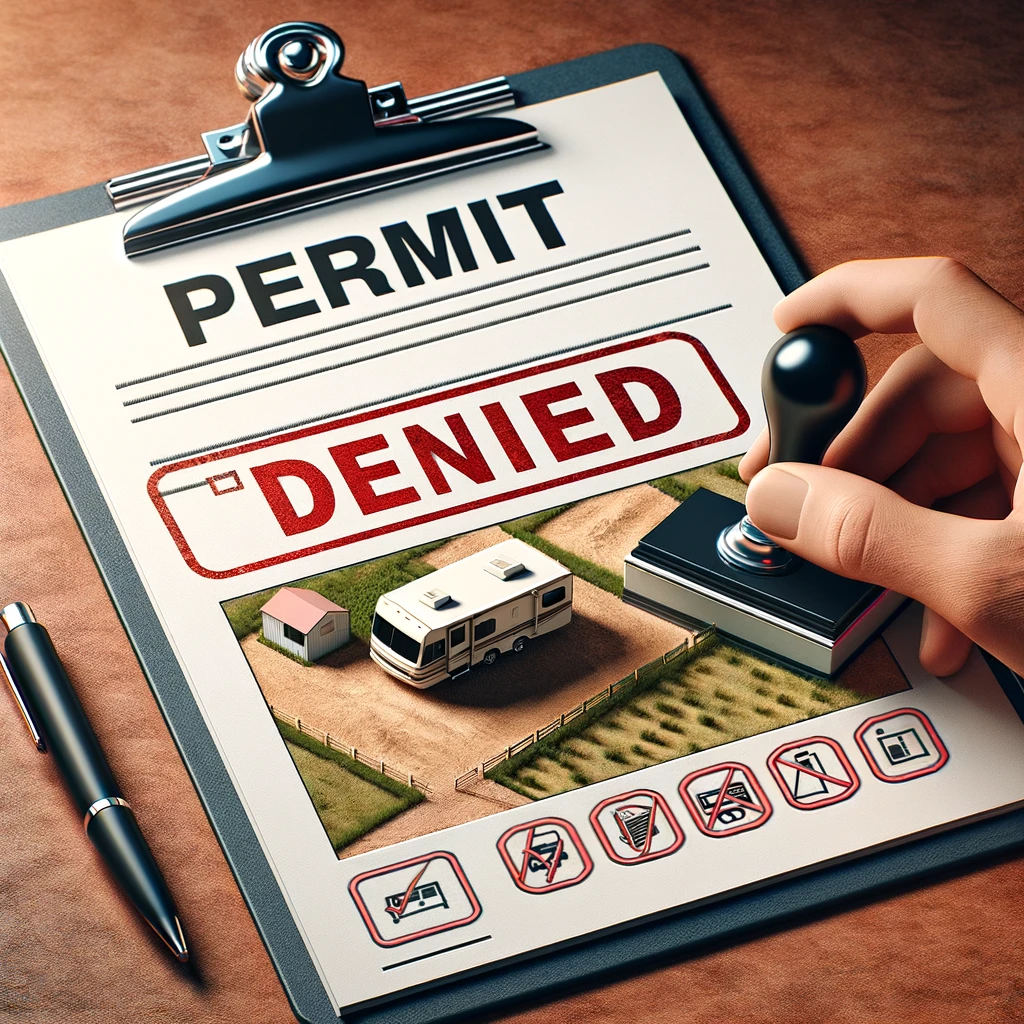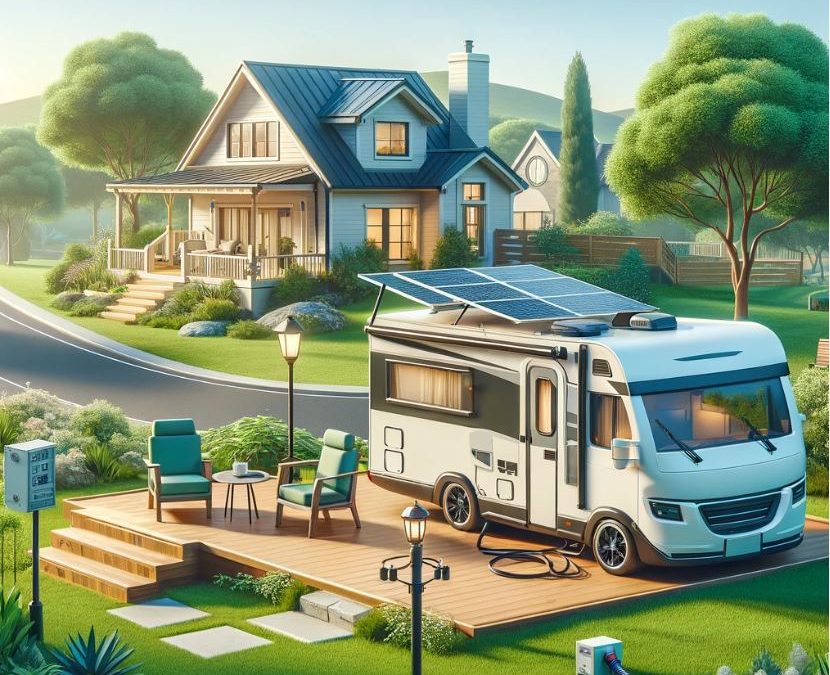Consider this:
The rise of alternative living arrangements has many landowners contemplating the possibility of hosting someone in a camper. Whether it’s a family member seeking independence or a friend needing affordable housing, the idea holds appeal. However, living in an RV full-time, year-round, even on your own land, is technically illegal in most parts of the U.S. Understanding the legalities and practicalities involved is crucial before welcoming a camper resident.

Understanding Local Regulations: Don’t Get Caught Off Guard
Living in an RV full-time can be exciting, but navigating local zoning laws is essential. These regulations dictate land use and vary dramatically by location.
-
Zoning Classifications: Research your specific zoning code. Different classifications (residential, agricultural, commercial) have varying RV regulations. Some areas strictly prohibit them as permanent residences, while others may have designated areas or require permits.
-
Obtaining Permits: Depending on your local regulations, permits may be needed for occupancy, septic systems (if off-grid), or electrical hookups.
The Case of Living in an RV on Your Land in NY
Let’s explore living in an RV full-time on your Adirondack property. While it might seem permissible on private land, things are more complex.
-
Technically Illegal: The U.S. Department of Housing and Urban Development (HUD) doesn’t classify RVs as permanent residences, making year-round living illegal in most areas.
-
State & Local Laws: There can be some wiggle room depending on state and local ordinances. Larger cities and suburbs often only allow short-term RV living (around 30 days) and strictly enforce it.
-
Hope for Rural Areas: Smaller, more rural counties tend to have more relaxed ordinances. Here, living in an RV might be tolerated as long as there are no complaints. Some counties even classify certain RVs for permanent housing alongside mobile homes. In these cases, you might be able to live in your RV legally with permits and passing inspections.
Building & Safety Codes (Even in Permitted Areas)
Even if your location allows full-time RV living, safety regulations exist. These typically cover:
-
Structural Integrity: Your RV must remain dry, provide proper heating/cooling, and be free of mold/mildew. It should also offer adequate defense against insects and rodents.
-
Living Conditions: Windows that open and close, smoke alarms, and carbon monoxide detectors are essential for safety.
-
Utilities: You’ll need a reliable source of clean water, proper sewage disposal (septic tank or connection to city sewage), and a safe electrical hookup (likely buried underground and connected to a utility box).
Non-compliance with these regulations could result in fines from local authorities.
Utilities and Practical Considerations
Setting up a camper for full-time living requires practical considerations:
-
Utility Connections: Explore options for connecting the camper to existing utilities on your property or consider alternative solutions like composting toilets and solar power.
-
Safety and Sanitation: Ensure proper waste disposal and electrical safety measures are in place. Regular maintenance of the camper and adherence to fire safety codes are essential.
-
Community Regulations: If you live in a homeowners association (HOA) community, there might be additional rules regarding campers. Check your HOA covenants to avoid conflicts.
Consult a Professional
While this article provides a general overview, local regulations can vary significantly. For definitive information, we strongly recommend consulting with your local zoning department and potentially seeking professional legal or real estate advice for your specific situation.
Thinking Beyond the Basics
Once you’ve addressed the legalities and practicalities, consider other factors:
- Potential Impact on Property Value: Consider how a camper on your property might affect its market value.
- Privacy and Noise Concerns: Think about the privacy and noise implications for both you and the camper resident.
- Long-Term Maintenance Needs: Consider the long-term maintenance requirements of the camper and how they will be managed.
Making an Informed Decision
Allowing someone to live in a camper on your property can be a practical and rewarding solution, but careful navigation of the legal and practical considerations is essential. By understanding local zoning laws, obtaining necessary permits, and addressing potential challenges, you can create a safe and compliant living arrangement. Always consult with local authorities and consider seeking professional advice to ensure well-informed and legally sound decisions.
Additional Resources
- Local Zoning Departments: Contact your local zoning office for detailed information specific to your area.
- Legal Experts: Consult with a real estate attorney to understand the legal implications and ensure compliance with local regulations.
- RV and Camper Associations: Organizations like the RV Industry Association (RVIA) provide resources and information on living in campers and RVs.

